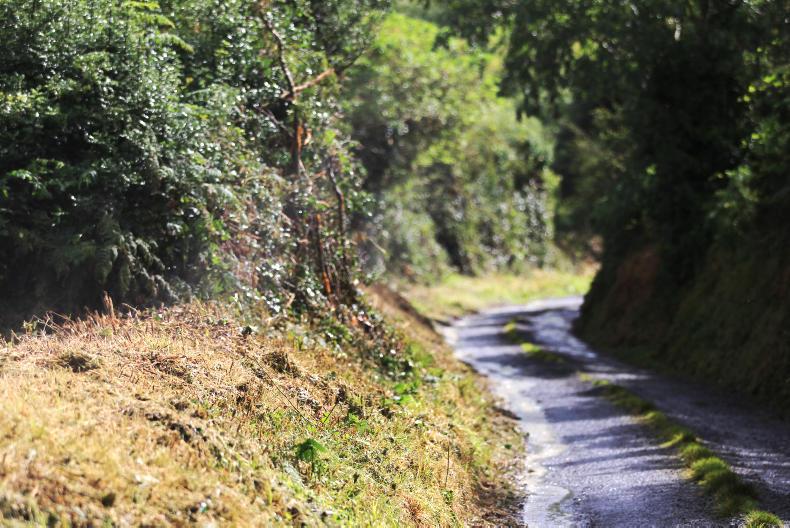“Rural Ireland is in big, big trouble,” according to Tipperary man Paddy Cummins. “The social connection and the continuity is gone.”
Living in Mullinahone, Cummins works with suicide bereavement charity Living Links and maintains that changes to the services in rural areas has done huge damage to communities.
“The postman, the doctor, the local guard, the post office and the pub – they were the fabric of social life in rural Ireland,” says Cummins.
“The most social time of day used to be from six in the evening. After a day’s work, people would go four or five miles to the shop, get the paper and have a pint. That was when people would meet. By 9pm, they would head home for a cup of tea, a cut of bread and off to bed.
“I would absolutely back the anti-drink-driving campaign, but it has to be said that the legislation was not made for rural Ireland.”
As well as the effect of drink-driving laws, Cummins points at changes to the postal system and healthcare as further evidence of the isolation of rural dwellers.
“Nowadays you don’t even get the postman calling to your house, he leaves the letters in a box at the end of the road.”
Cummins is particularly scathing of the Government’s policy of closing more than 30 rural garda stations.
“They didn’t save €50,000 closing them down but the damage it did was phenomenal and the result of it will be seen forever. From a cost-saving point of view it was ridiculous,” he maintains. “The local guard was a huge part of the community. He knew the area and everyone in it and was trained to spot in an instant when something was wrong.
“If there was a strange bike or a fellow not at mass, he would notice that. And if someone’s son or daughter was going down the wrong road, he could give them a tip on the shoulder before they went too far.”
Carlow fights back against rural isolation
Some of the changes Cummins attributes directly to the Celtic Tiger era.
“In the boom time, it was noticeable – the walls got higher and the gates got bigger,” he explains. “The boom and the bust didn’t help, with jobs gone and people having to migrate, causing splits in families – that’s another part of isolation.”
Rural isolation: one in 10 older people are lonely
Rural isolation: adopt a Granny or check-in by text in Carlow





SHARING OPTIONS